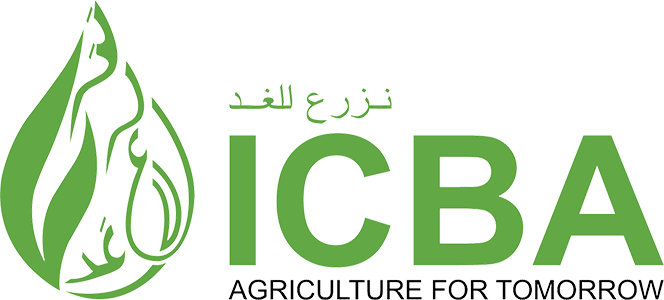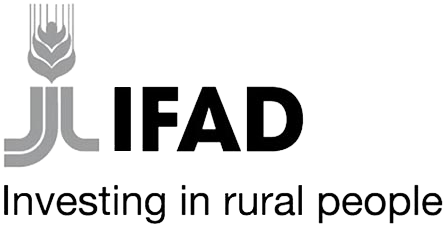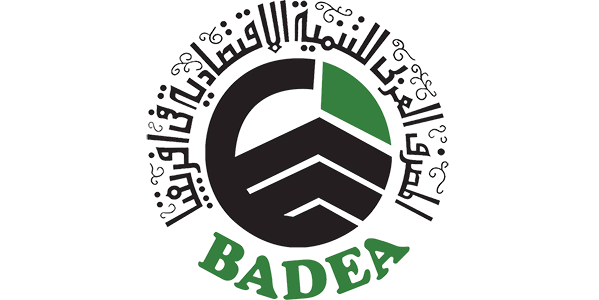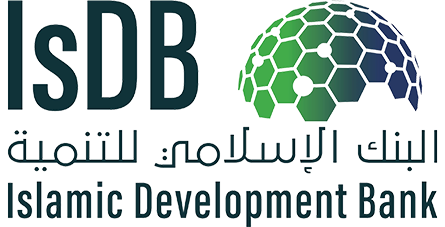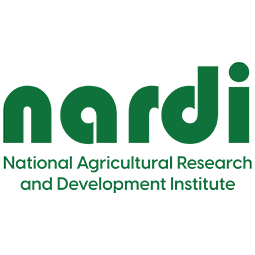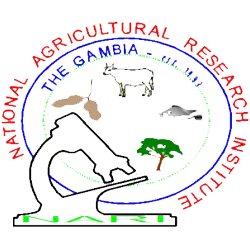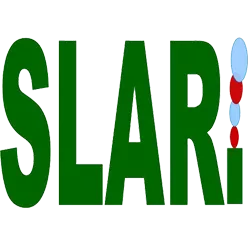RESADE
Improving agricultural REsilience to SAlinity through DEvelopment and promotion of pro-poor technologies and management strategies in selected countries of sub-Saharan Africa
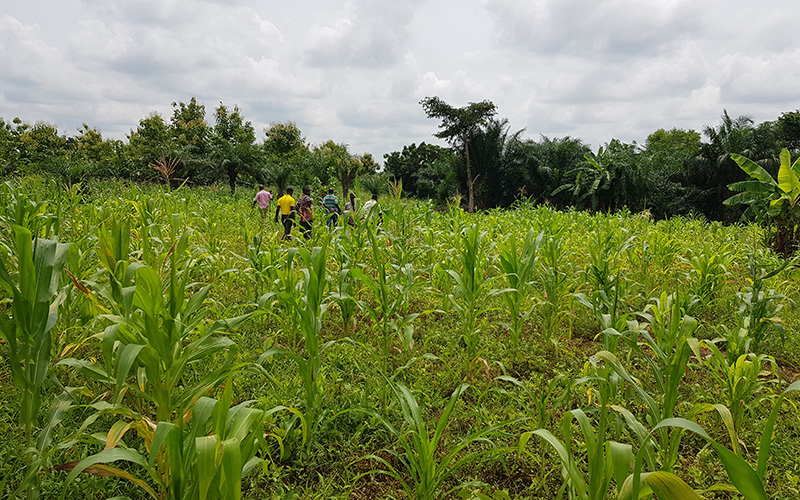
About RESADE
The RESADE project is implemented by the International Center for Biosaline Agriculture (ICBA) in partnership with the International Fund for Agricultural Development (IFAD) and the Arab Bank for Economic Development in Africa (BADEA). The project will provide the aforementioned solutions in seven SSA countries in which salinization of agricultural land is a growing problem – namely The Gambia, Liberia, Sierra Leone and Togo in Western Africa, and Botswana, Mozambique and Namibia in Southern Africa. The project will support national agricultural development policies and strategies of the target countries by rehabilitating and increasing the productivity of salinity-affected lands, and will provide technical assistance in salinity management to other IFAD- and BADEA-funded projects being implemented in these countries. It will draw from ICBA’s past and ongoing projects as sources of relevant and valuable experience in the introduction of salinity management approaches to smallholder farmers in marginal environments.
Project scope
To improve food security and reduce poverty of poor smallholder farmers, particularly women, in salinity-affected areas in Botswana, The Gambia, Liberia, Mozambique, Namibia, Sierra Leone, and Togo.
Project objectives
To increase agricultural productivity and incomes in salinity-affected agricultural areas by:
- Introducing salt-tolerant crops and best agronomic management practices
- Developing value chains for introduced cropping systems
- Building the capacity of farmers and extension workers in salinity-resilient and climate smart agriculture in collaboration with national agricultural research and extension services (NARES).
Project impact
The project will contribute to regional agricultural development by increasing productivity of salt affected lands and introducing climate smart crops and will improve food, nutritional and income security of poor farmers.
Outcome figures

Smallholder farmers
involved
> 11550

Productivity of saline
lands increase
> 30%

